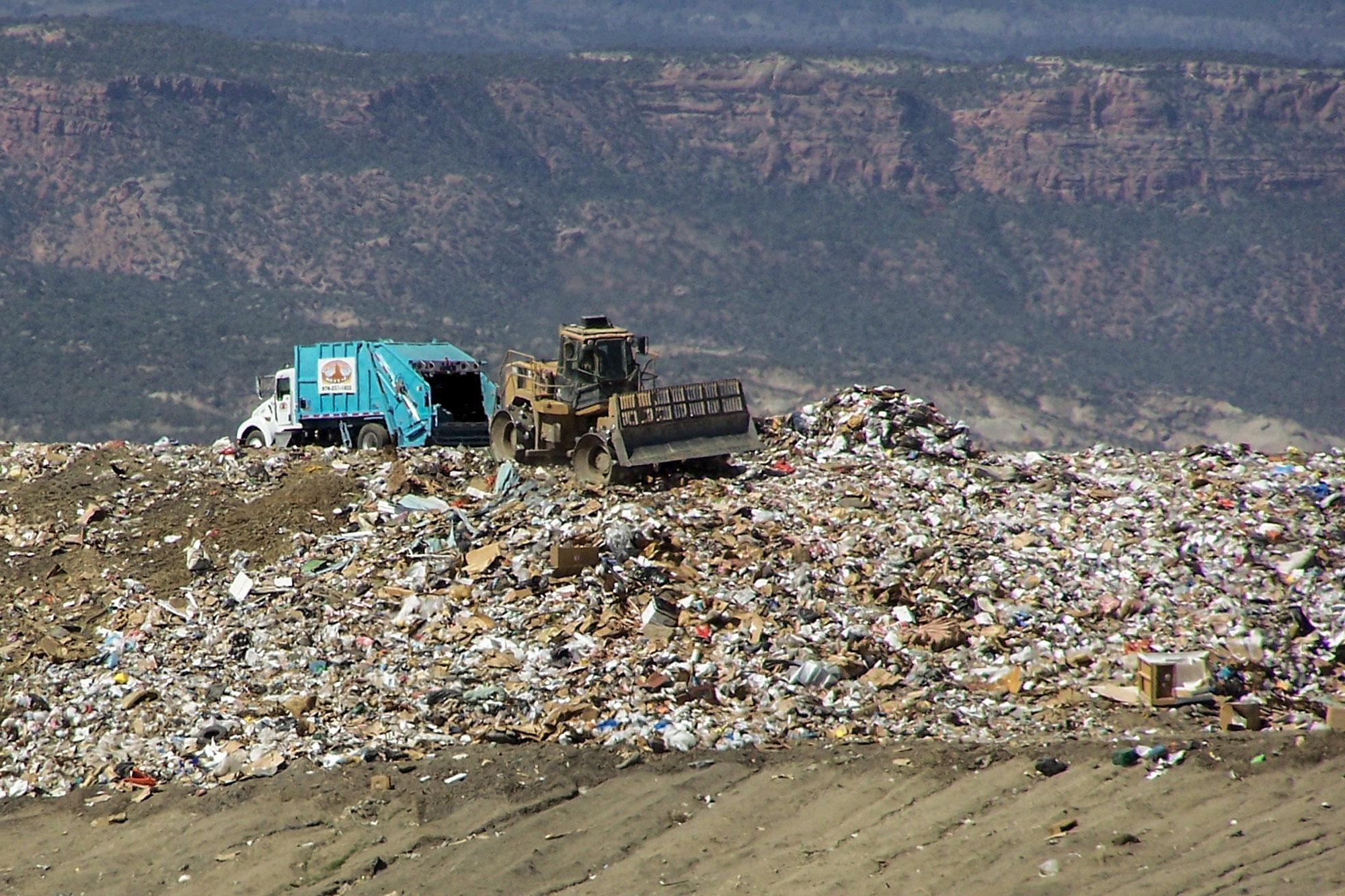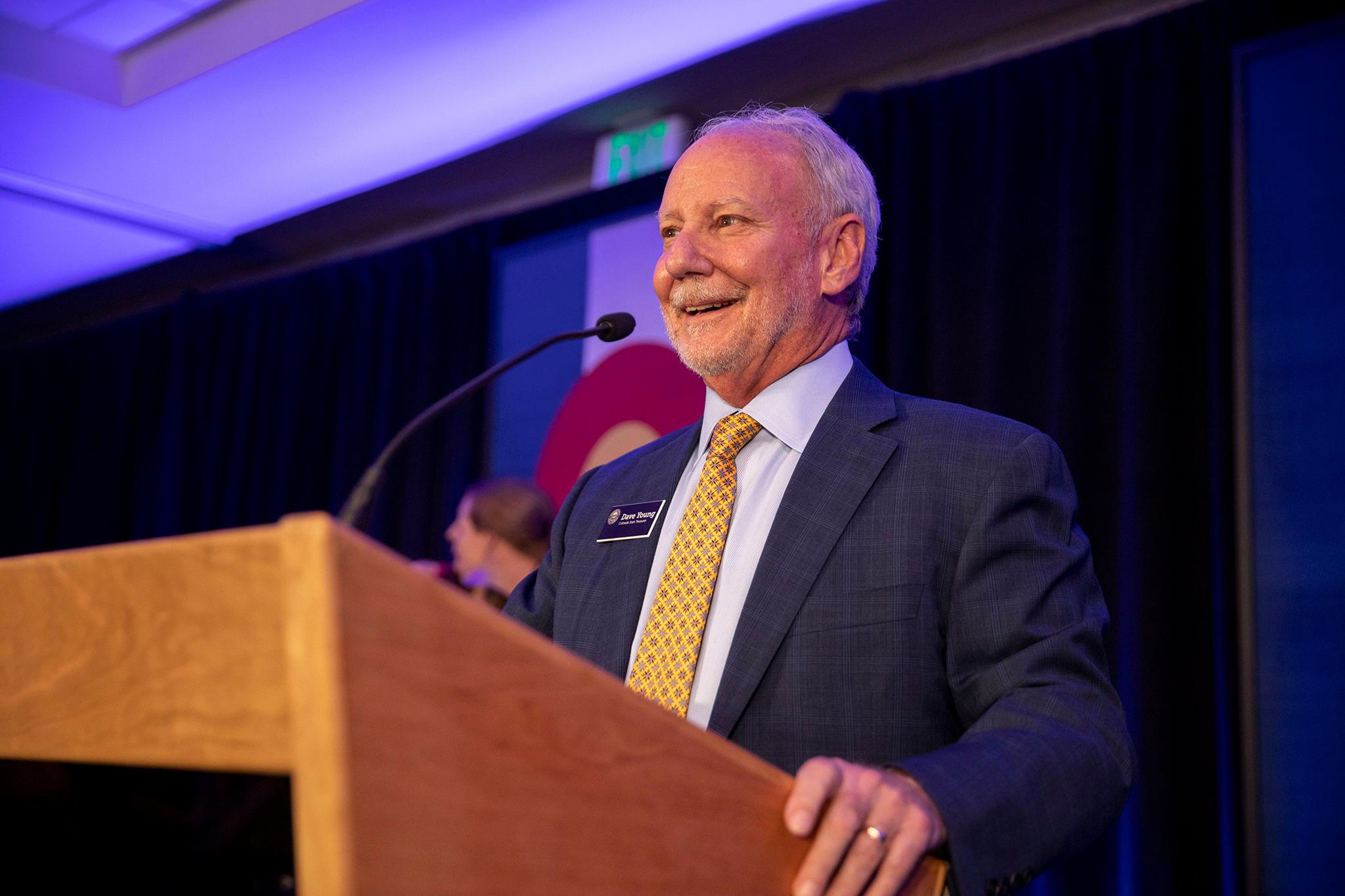
Congress appears prepared to end the longest federal government shutdown in history without addressing Democrats’ main demand: an extension of a tax credit that made health insurance more affordable for 225,000 Coloradans.
Laura, who asked that her full name not be used because her job doesn’t allow her to speak publicly, said when she heard the news, “it brought me to tears.”
She and her husband, who live in the San Luis Valley, buy health insurance on the state exchange and received the enhanced premium tax credit that made it affordable. She works for a non-profit and doesn’t get health insurance through work. He is self-employed.
“We have a really good plan right now and we’re paying about $935 a month,” she explained. Currently they’re on a Gold plan — the highest coverage tier. “When I looked at plans the other day, the cheapest plan we could get for next year is over $1,700 a month and that’s, like, a pretty basic plan.”
The couple earns about $120,000 a year. If they stick with their current plan, the premium is closer to $3,000 a month. She said, “There’s just no way we can put over $30,000 just towards the premium… Right now, if I had to choose, I would say we just can’t afford it and hope that nothing happens to either of us, because we certainly wouldn’t be able to afford that either.”
Going without insurance is not an option for Mercedes Von Pichl and her family of four in Commerce City. She and her husband own a small music business and earned about $120,000 last year. They have a Bronze plan. She suffers from asthma and had been paying about $205 a month for what was a family or three. But the Von Pichls had another baby recently, who needed a 7-week stay in the NICU.
“It’s looking like the total monthly payment is going to be $539.12,” she said, and that’s after still receiving a couple of subsidies. She’s planning on enrolling her youngest in Medicaid because she will require some long-term care that won’t be covered by the family’s primary insurance. She said the new premium will “barely” be manageable, but, “I don’t really want to gamble [on] not having health insurance. I mean, we’ll have to make it work.
“We are small business owners and have to provide health insurance for ourselves and our family out of pocket,” Von Pichl said. “And before the Affordable Care Act, we were not able to afford insurance and that was without kids, so it’s been a lifeline.”
She didn’t like that federal workers spent the past six weeks working without pay as Democrats tried to force a vote on extending the tax credits but was glad for the effort.
“I think that’s despicable. It’s not okay. But at the same time what [Democrats] are fighting for is for millions and millions of people to keep their health insurance. So, I think it’s a worthwhile fight.”
The deal that eight Senate Democrats agreed to in order to end the filibuster and set Congress on a path to reopen government includes assurances that the Senate will hold a vote on extending the subsidy by mid-December.
Von Pichl doesn’t think Republicans will pass an extension of the credit. “I’m very angry the Democrats caved. What was the point of a government shutdown if nothing was addressed?”
It’s been a bit of a double whammy for people who buy insurance on the exchange. For the past five years, families who spend more than 8.5 percent of their household income on insurance have been able to rely on enhanced federal subsidies to cap their costs. Those expire at the end of this year. And at the same time, insurance companies have asked regulators to approve a double-digit hike, the first since 2018.
According to the Colorado Division of Insurance, the average approved gross premium increase from this year to next is 22.6 percent. But Coloradans who received the subsidy will see a “net average premium increase of 101 percent” due to the loss of the credit.
Some of the biggest increases are in rural counties like Crowley, which will see a 223 percent increase, Delta, with a 206 percent increase, Montrose, at 246 percent, and Ouray, rising 237 percent.
Democratic Sen. John Hickenlooper voted against advancing the deal negotiated by some in his party to end the shutdown.
“There’s a big difference between paying 8 percent more and paying 250 percent more,” said Hickenlooper, who added that he was hearing from constituents to not capitulate and keep fighting. “It’s, I think, immoral for us, and especially the Republicans, to stand by quietly when people are going to go through some severe risk of losing their health care coverage.”
To go with or without coverage is the question weighing on Karen, who asked that her last name not be used in order to be candid about her finances. She and her husband live in Pueblo and decided to retire early; she had been working since she was a teenager and their calculations showed it would be affordable. The couple has a higher income threshold, $100,000, and qualified for the enhanced tax credit.
When she went online to check what the couple’s premium would be, she discovered the $495 they currently pay will climb to $2,200 a month next year.
“The website says it's an 18 percent jump. We’d be ecstatically happy with an 18 percent jump, but [ours] went up 345 percent,” said Karen. She understood the role the subsidies played and that it was set to sunset. “But, you know, we just thought that they would extend them because there’s really no other option.”
Karen said they’re just not the type of people to go without insurance.
“We just are not risk takers like that, but there’s not many other options. Without the tax credits, the option is to pay $2,200 [a month] for insurance, period,” she said.
Even before the deal was announced, Karen was not hopeful Congress would fix the issue. She said she knows the ACA system is not perfect, “but at least it’s something.”
She’s glad the government may reopen soon, but expects Republicans to let the subsidy expire. “They have been trying to abolish the ACA for 15 years. Before voting it down, the Republicans should see the reality; we have no other options to choose from. For the last several years, they should’ve been working on presenting us options instead of just taking it away with no alternative,” she said.
President Donald Trump posted on social media over the weekend that the federal government should send money directly to people that they could use to pay their insurance premiums, but so far there is no official proposal to do that.
Laura from the San Luis Valley was also pessimistic. “I don't trust that this will be revisited in December, and it's terrifying to think of what that might look like for us.”
Still, she’s waiting until the very last minute to decide whether to buy on the exchange or gamble without health insurance next year.









